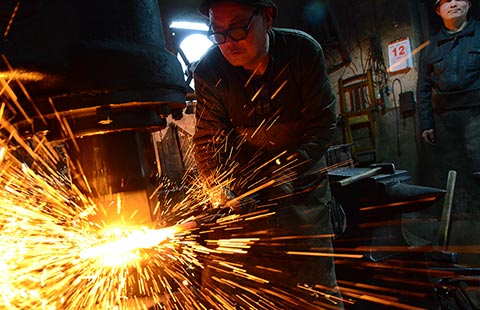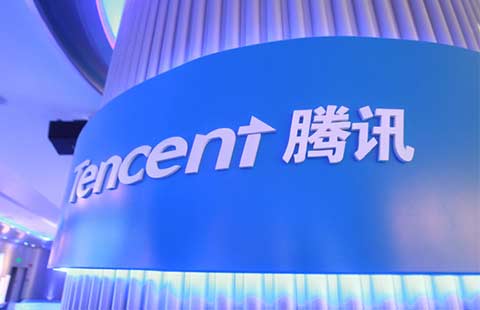Cloud of costs hurting companies has a silver lining
By Siva Sankar (China Daily) Updated: 2016-03-23 08:19So, only certain sectors may feel compelled to leave China. "We are busier advising existing companies on compliance in China than bringing in new companies to China. That shows companies are hiring external experts on compliance. They want to be above board, they value being here, they want to be here and further develop."
Knopf's advice for businesses is simple: "Continue to understand China, which remains a very dynamic market. It's not enough if you understood yesterday's China. You need to be on your toes because it's not going to get easier."
Western and Central China, particularly provincial-level capitals in those regions, might further open up and present new opportunities for foreign companies in China, he said. "Smaller companies need to be nimble and flexible, and think in terms of not only five-year strategic plans but much shorter timeframes."
Both companies and the government could take some measures to ensure the situation would benefit all, he said.
Rising costs could spur companies to get engineers to develop new products and get higher margins. Instead of blindly assuming FTA benefits and tax incentives, companies must consider issues like factors of production, whether they would get the necessary staff, access to resources and customers in ASEAN countries, he said.
China should ensure young graduates from universities and vocational institutes meet the needs of industry. Transparency and clear guidelines could also help. "Companies don't really care about tax rates, which are just a variable. But uncertainty on applicable tax rates and customs rules is bad for business," Knopf said.
- Sparkle Roll 'may buy' Bang & Olufsen
- CNOOC, Shell to double Nanhai ethylene capacity
- Cloud of costs hurting companies has a silver lining
- US grants ZTE temporary export license through June 30
- Pet grooming supplies all the rage
- Apple hopes to get bigger slice of market with smaller iPhone
- Gourmet products and e-commerce driving pet food industry
- Report gives thumbs up for China's online financing
















